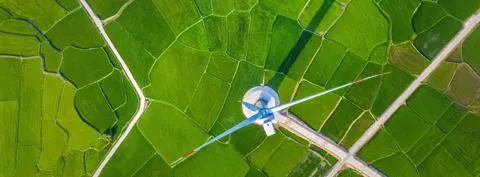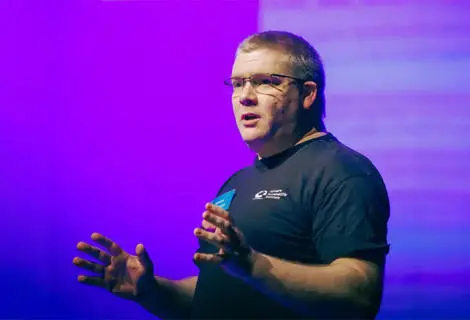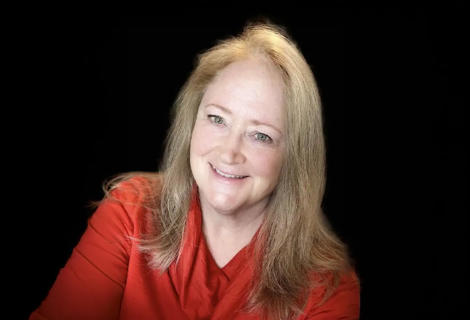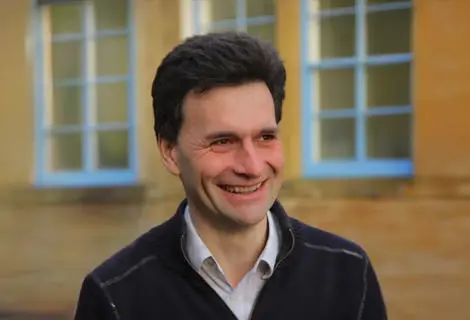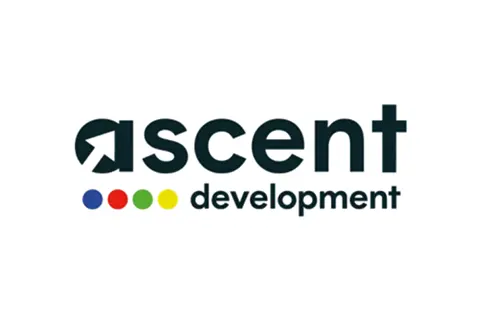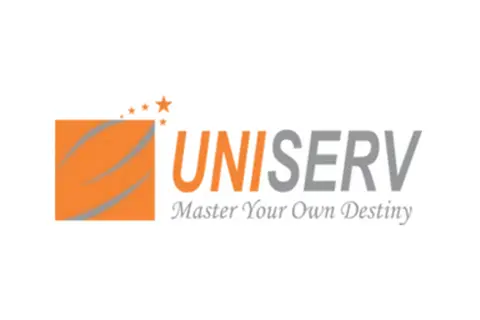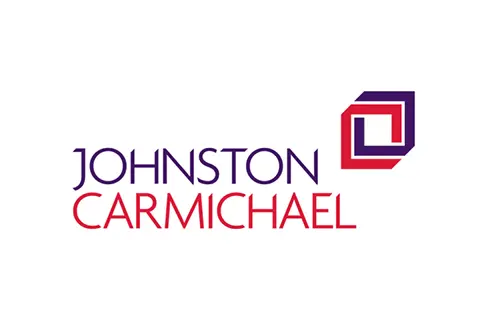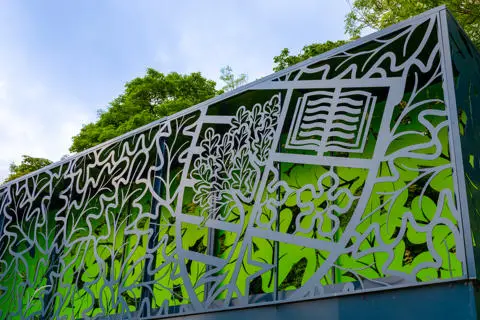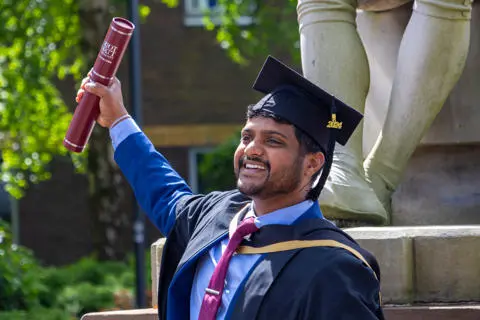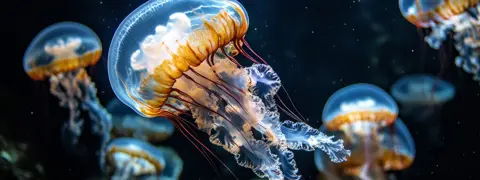Key information
Become a leader in the renewable energy revolution.
- Level
- Postgraduate
- Delivery type
- Self-paced
- Degree qualification
- MSc
- Location
- Online
- Duration
- Flexible
- Start date
- September, January, May
Programme overview
Led by experts in the field and delivered by the International Centre for Island Technology (ICIT), the online MSc Renewable and Sustainable Energy Transition prepares you to address one the world’s greatest and most pressing challenges – the transition to renewable energy sources.
You don’t need to be an engineer to apply for this master’s programme as it is suitable to professionals from a wide variety of academic backgrounds who want to work in the industry and through interdisciplinary teaching and learning, you’ll be prepared for active participation in the transitions of energy generation and use.
This MSc is also available to study on-campus at the International Centre for Islands Technology (ICIT) in Stromness, Heriot-Watt University’s Orkney campus. The Orkney campus is host to the Transition Lab, an 'action research' group which works with a range of research organisations, businesses, and community groups to move Scottish islands towards decarbonisation through the Islands Centre for Net Zero. The research relevance of this postgraduate programme ensures your studies remain innovative and industry focused.
You’ll learn from experts in renewable energy, economics, and transition engineering, and develop a clear understanding of the key drivers of energy transition and transition engineering through being introduced to:
- aspects of energy transition
- the technologies of renewable energy generation and its integration into wider systems,
- the importance of energy efficiency in buildings and in transport,
- energy policy,
- economics,
- project finance,
- environmental science, which is critical for predicting and managing the impacts of energy systems.
This programme can also be studied on-campus.
Start with just one course
We’ve made it simpler than ever for you to start your MSc. With performance-based admission, you only need to pay for and then pass your first course in Stage One to join the programme. No barriers. Get started today.
Enrol nowStudent experience
This degree is delivered by the International Centre for Island Technology (ICIT), focusing on the key drivers of the new and growing field of energy transition and transition engineering.
The programme benefits from the expertise of research-active and industry-minded staff, offering insights into cutting-edge developments in renewable energy. With a curriculum designed to address the dynamic needs of the renewables sector, the MSc Renewable and Sustainable Energy Transition ensures that graduates are well-equipped to lead the charge towards a sustainable, low-carbon future.
We maintain strong links with industry and regulators involved in the sector to ensure the programme’s relevance to the demands of energy transition in electricity, heat, transport, buildings, and infrastructure.
Course content
A11ER Economics of Renewable Energy
Explore key concepts in economics before going on to consider the fundamental debate of whether the state or the market should deliver energy to consumers, and the pros and cons of each. This includes an analysis of the costs of electricity from different sources, energy market structures, renewable energy incentives, and potential economic solutions to systemic market failures such as climate change.
A11TZ Transition Engineering
Transition Engineering is the work of delivering the system changes needed to achieve international agreements on global sustainability. This course will help you become a leader in the emerging discipline of Transition Engineering of complex systems. You will learn the overall approach, tools and methods that have been developed through more than 20 years of research aimed at generating ingenuity to spark strategic invention. Transition Engineering is interdisciplinary, building up knowledge about energy systems, infrastructure, built environments, transport but also society, environment and economics. The course is assessed on marked discussions, data analysis and modelling, and a case study report.
Core courses
A11TG Renewable Technology : Generation
This course considers the generation of renewable energy from renewable sources including solar, biomass, hydro, wind, wave and tidal energy. We will examine energy in the earth system, calculations of available resources, and technologies of energy capture. Assessment is split between understanding of the general principles, and a development project.
A11TI Integration of Renewable Technology
This course looks at how renewable energy integrates into larger energy systems. The emphasis is on electricity but heat and transport are considered as well. We will cover electrical grids, storage, “smart” systems, microgrids, and energy efficiency in buildings. As part of the assessment you will be invited to do high-level design of an integrated renewable energy system.
A11ET Energy Transition Lab
Energy Transition Laboratory involves real-world application of Transition Engineering, where students learn by doing. It includes project management, project definition, and other transferrable skills, integrated in a semester-long project that follows the “InTIME” methodology for energy transitions.
A11RN Renewable Technology Commercialisation
In this module you will learn about the process of renewable energy project development, from the initial exploration of possible sites through to construction, operation, and decommissioning, while gaining exposure to “the real world”. The majority of the teaching is by guest lecturers from industry who work from day to day on real projects.
A11RS Supply Chain Management, Decarbonisation and Renewable Energy
This course creates knowledge on the crucial role of energy in the global supply chains, and related implications for decarbonisation, net zero goals, and energy shortages. The course covers background knowledge about forward and reverse supply chains and logistics, before taking a deep dive into the different trajectories for the supply chain management of energy resources.
Optional courses
All students choose one of:
A11EN Environmental Processes
This course introduces the basic principles in marine ecology, focusing on how different marine organisms interact with each other and their environment. It then covers human impact on the marine environment, biodiversity, and marine conservation.
A11OC Oceanography
This course focuses on the physics and chemistry of the ocean. Learning about the ocean has 3 primary motivations that underpin the content:
1. Earth's life systems depend on the ocean.
2. The ocean is an enormous resource, including categories of renewable energy.
3. Marine developments can only be developed responsibility with an understanding of the marine environment.
D11CA Climate Change, Sustainability and Adaptation
This course covers aspects of sustainability, climate science, climate resilience/vulnerability, and adaptation in the widest sense. In addition, students will also look at the policy and legislation related to climate change mitigation and action from the UK and beyond. The course assessment encourages students to research and critically evaluate emerging knowledge, science, principles, and technology related to addressing the climate crisis.
Study at your own pace
Our flexible online model allows you to study wherever you are in the world, while continuing to work and apply new knowledge in your role. Complete your MSc in as little as 2 and a half years or spread your studies over a longer period to suit your commitments.
Apply nowProgramme video
School of Engineering, Geoscience, Infrastructure and Society Graduates
Ravan Adilov, Marcelo Santos Ibarra and Tagan Yarmuhammedov discuss their experiences studying with Heriot-Watt Online
Student testimonials
MSc Renewable and Sustainable Energy Transition will provide a holistic view of renewable energy within society and the natural world. Whatever your background, you should learn enough about the environment, technology, and the social and economic context of renewable energy to be able to converse with specialists from any discipline.
Fees and funding
| Per course | Dissertation | Full programme |
| £1,315 | £1,820 | £12,340 |
The tuition fees listed are applicable for 2026. Fees include one assessment attempt and can increase annually. Find out more about our tuition fees.
Funding opportunities
Pay Per Course
All our programmes offer the flexibility to pay course-by-course, allowing you to spread the cost of your tuition over the lifetime of your studies.
20% Alumni Discount
If you are a Heriot-Watt alumnus, you qualify for 20% off your programme fees. For more information on how to claim your alumni discount contact hwonlineapps@hw.ac.uk.
Employer Sponsorship
Securing funding from your employer can help with financing your studies. For more information contact hwonlineapps@hw.ac.uk.
We're here to support you
If you have questions or need help with enrolment, complete our quick enquiry form and an Enrolment Advisor will be in touch.
Contact usEntry requirements
We have standard entry requirements for all of our courses that you will have to meet.
This programme welcomes applicants from a wide range of backgrounds who are passionate about driving the global shift towards sustainable energy systems. You don’t need to be an engineer to apply – we’re looking for curious, motivated professionals ready to make an impact in the renewable energy transition.
Performance-based admission
Enrol and prove your capability by successfully completing two courses — Economics of Renewable Energy and Transition Engineering – Achieving Zero Carbon InTIME. Once these are passed, you’ll continue towards your full MSc degree. This route allows you to demonstrate your readiness for postgraduate study through your performance in these initial modules.
Additional entry routes
Recognition of prior learning (RPL)
We are committed to providing study opportunities to applicants who have a wide range of prior experiences and recognise that some students entering our online programme will have completed prior academic study in subjects that align closely to this programme. Where this is the case, students may apply for Recognition of Prior Learning (RPL).
-
Applying for RPL: We can only consider requests for RPL at the time of application to a course of study.
-
Maximum credits: You may be eligible to be granted exemption for a maximum of 20 credits.
-
Eligibility: The qualification may be valid for RPL only if gained with the last 5 years. Evidence will need to be provided.
-
Cost breakdown: The overall cost of your programme will be determined by whether you are awarded RPL for a 20-credit course, in which case you will not be required to register for that course. Programme fees can be found under the fees and funding section.
-
For more information contact hwonlineapps@hw.ac.uk
English language requirements
If your first language is not English, or your first degree was not taught in English, we'll need to see evidence of your English language ability.
The minimum English language requirement for entry to this programme is IELTS 6.0 (or equivalent) with no score lower than 5.5.
If you do not have IELTS 6.0, we offer a range of English language courses to help you meet the English language requirement for this programme prior to commencing your studies.
Why Heriot-Watt
We're the top university in Scotland for graduate outcomes and 5th in the UK, which means that more of our graduates are employed or in postgraduate education than any other institution in the country. We're also ranked 1st in Scotland for producing CEO and MDs (Novuna Business Cash Flow 2023).
We're Scotland's most international University, with five global campuses and a global community of 60,000 online students and alumni from over 158 countries. Our online programmes are designed and developed by the same faculty who teach on our global campuses - expert academics and leaders in research and innovation who work alongside industry to find solutions to some of the world's most pressing challenges.
Together, we shape your future.
Research
Delivered by experts from the International Centre for Islands Technology (ICIT) in Stromness, Heriot-Watt University’s Orkney campus.
Transition
Action research group which works with industry to drive Scottish islands' decarbonisation via the Island Centre for Net Zero.
Flexible
Designed for working professionals, we offer flexible online study that fits around your shifts, family life and career.
Employability
With our flexible model you can earn while you learn, build your CV, and apply new skills right away. Get free access to 500+ industry credentials and dedicated Careers Service support.
Your Online experience
Explore Heriot-Watt Online as a student
Speak to an Advisor
Our Enrolment Advisors are here to help you explore your options, entry routes, and how online study can fit around your life.
Book a callRelated programmes
